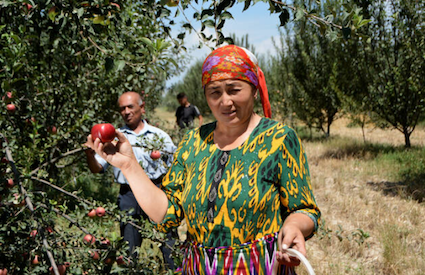Inside BENEO’s new pulse plant: pioneering sustainable protein from faba beans
Healthy diets are generally expensive, as they cost five times more, on average, than diets that cover only the basic energy needs through a starchy staple
According to the Europe and Central Asia Regional Overview of Food Security and Nutrition 2020, the COVID-19 pandemic has posed serious threats to food security and nutrition, especially for low-income and vulnerable populations in the region.
The annual report, produced jointly by FAO, United Nations Economic Commission for Europe (UNECE), United Nations Children’s Fund (UNICEF), World Food Programme (WFP), World Health Organization (WHO), and the World Meteorological Organization (WMO), provides a comprehensive analysis of the topic, including all forms of malnutrition, current dietary patterns, and the costs of diets for individuals, society, and the planet.
Healthy diets are generally expensive, as they cost five times more, on average, than diets that cover only the basic energy needs through a starchy staple, according to the FAO report and based on the analysis of food cost/affordability data from 14 selected countries in Europe and Central Asia.
Cost drivers include trade, public expenditures and investment policies throughout agrifood supply chains. To counter their impacts, FAO and the World Food Programme advocate for nutrition-sensitive investments, targeted interventions and social protection policies and programmes to increase the affordability of healthy diets in a sustainable manner. To this end, the experience of Armenia with nutrition-sensitive social protection measures is presented in the report.
“The main conclusion is that despite good progress in diversifying and moving food availability in the right direction, there is a need to reorient food production and trade systems to enable healthy diets,” said Cheng Fang, an FAO economist and the main author of the report. “This may require additional efforts in consumer education and incentives to increase the consumption of fruits and fish, among other foods, to achieve sustainable and healthy nutrition strategies in these countries.”

